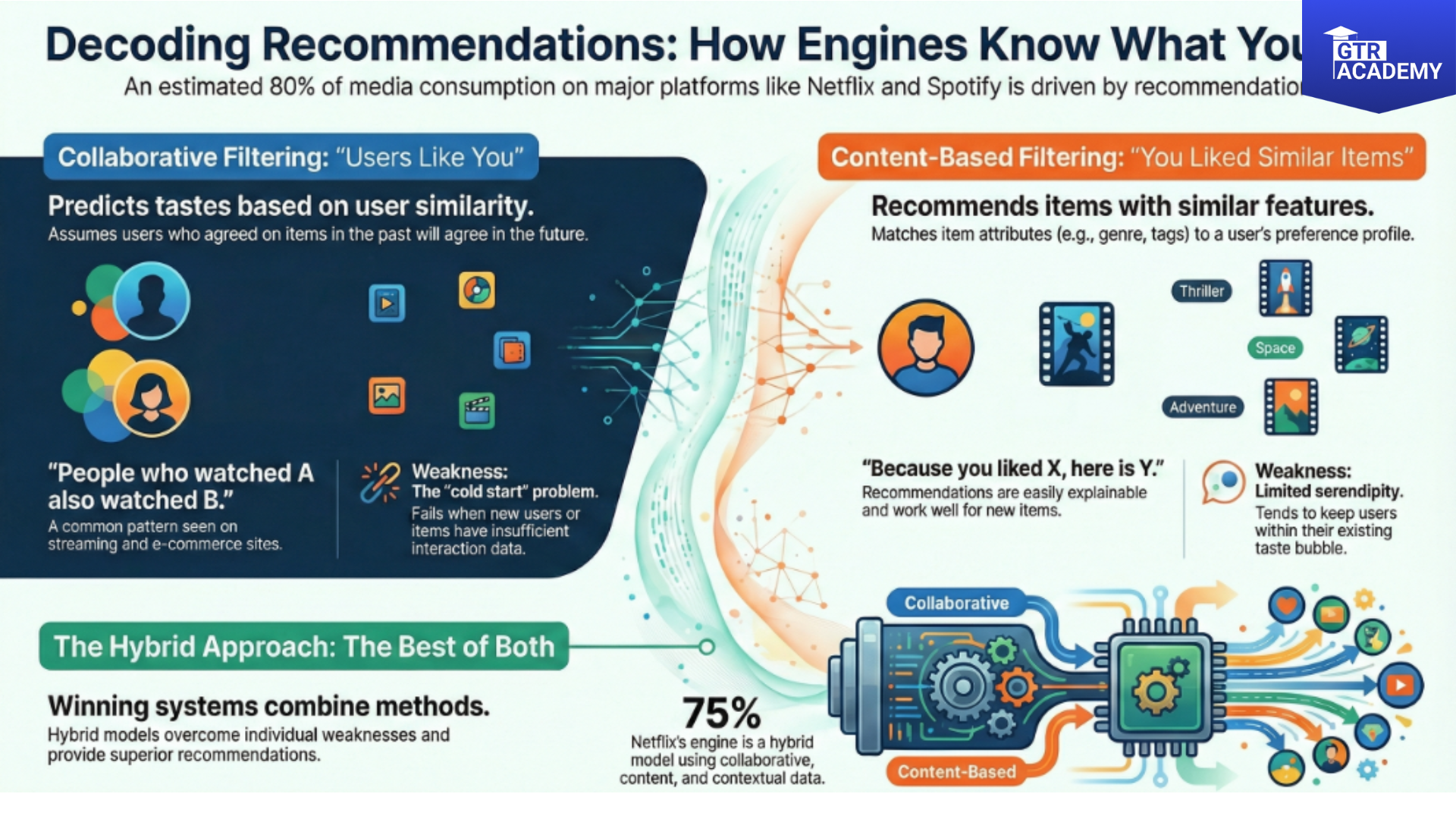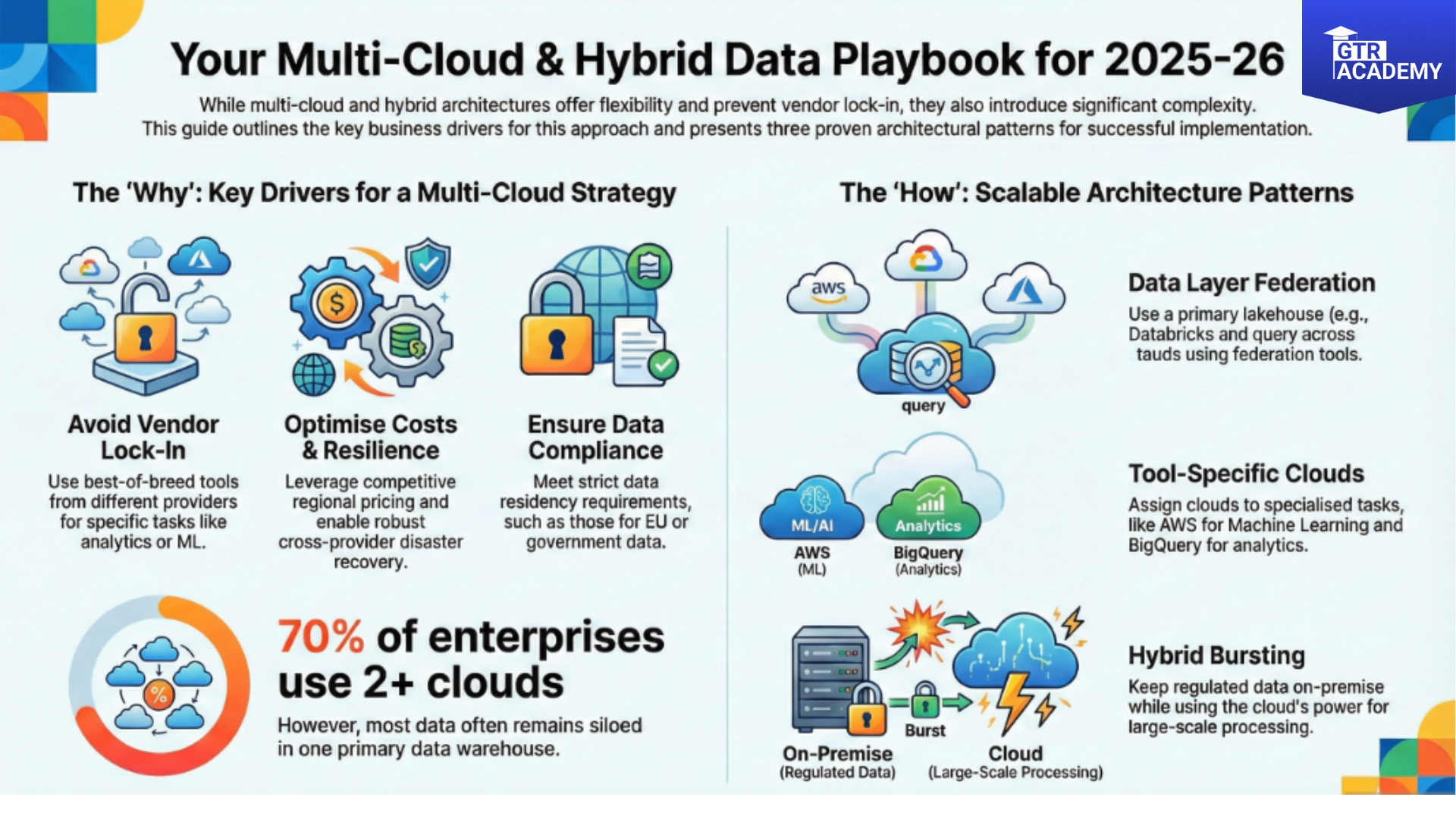A Step-by-Step Guide to Finding Your Perfect SAP Specialization
With dozens of SAP modules available, selecting the right one can feel overwhelming—especially for students and professionals launching their SAP careers. Your choice will shape your job opportunities, salary potential, and career growth.
This guide breaks down a proven 8-step framework to help you select the best SAP module based on:
✔ Your skills & interests
✔ Industry demand
✔ Career goals
✔ Future-proof specializations
1. Start with Self-Assessment: What Excites You?
Align Your SAP Path with Your Passion
-
Finance & Accounting? → SAP FI (Financial Accounting) or CO (Controlling)
-
Supply Chain & Logistics? → SAP MM (Materials Management) or WM (Warehouse Management)
-
Sales & Customer Data? → SAP SD (Sales & Distribution) or CRM (Customer Relationship Management)
-
Data & Analytics? → SAP BW (Business Warehouse) or SAP HANA
Pro Tip:
Take SAP’s module aptitude quizzes (available on SAP Learning Hub) to identify your best fit.
2. Research Market Demand: Which SAP Skills Are Hiring?
Pick a Module with High Job Growth
-
Top in-demand SAP modules for 2024:
-
SAP S/4HANA (Most companies are migrating!)
-
SAP FICO (Always high demand)
-
SAP MM/WM (E-commerce & logistics boom)
-
SAP SuccessFactors (HR tech is growing fast)
-
-
Check LinkedIn Jobs, Glassdoor, and Naukri.com for openings.
Salary Insight:
💰 SAP S/4HANA consultants earn 20-30% more than traditional SAP ECC roles.
3. Evaluate Technical vs. Functional Fit
Do You Prefer Coding or Business Processes?
-
Technical Modules (Coding/Development):
-
SAP ABAP (Custom programming)
-
SAP Fiori/UI5 (Front-end development)
-
SAP BASIS (System administration)
-
-
Functional Modules (Business Process):
-
SAP PP (Production Planning)
-
SAP PM (Plant Maintenance)
-
SAP HR/HCM (Human Capital Management)
-
Not sure? Hybrid roles like SAP Analytics Cloud combine both!
4. Talk to SAP Professionals (Networking Matters!)
Get Real-World Insights Before Deciding
-
Connect with SAP experts on:
-
LinkedIn SAP Groups
-
SAP Community Forum
-
Local SAP User Meetups
-
-
Ask:
-
“What’s a typical day like in your module?”
-
“What skills are most valuable?”
-
“Would you choose this module again?”
-
5. Check Certification & Training Availability
Some SAP Modules Are Easier to Learn Than Others
-
Beginner-friendly certifications:
-
SAP MM
-
SAP SD
-
SAP FICO
-
-
Advanced/Technical certifications:
-
SAP ABAP
-
SAP HANA
-
SAP S/4HANA
-
Best Learning Platforms:
🎓 SAP Learning Hub | Udemy SAP Courses | OpenSAP
6. Gain Hands-On Experience (Before Committing!)
Try Before You Specialize
-
Free SAP Trial Systems (Access demo versions)
-
Internships (Work on real SAP projects)
-
Case Studies (Analyze SAP implementations)
Example:
Before choosing SAP MM, try a free procurement simulation on SAP’s demo system.
7. Consider Industry-Specific Demand
Some SAP Modules Dominate Certain Sectors
-
Manufacturing? → SAP PP (Production Planning)
-
Retail/E-commerce? → SAP IS-Retail
-
Healthcare? → SAP Healthcare Solutions
-
Oil & Gas? → SAP O&G (Oil & Gas)
Future-Proof Pick:
🌐 SAP S/4HANA (Used across all industries)
8. Stay Flexible—SAP Evolves Fast!
Your First Module Doesn’t Have to Be Your Last
-
Many SAP professionals start in one module and expand into others.
-
Example career path:
SAP MM → SAP S/4HANA Procurement → SAP Supply Chain Consultant
Key Advice:
✔ Master one module first, then diversify.
✔ Keep learning—SAP releases new updates every year!
Final Checklist: Choosing Your SAP Module
Assess your interests (Finance? Tech? Logistics?)
Research job demand (Check LinkedIn & job portals)
Talk to SAP professionals (Get insider insights)
Try free demos/courses (Test before specializing)
Pick a future-proof module (S/4HANA, FICO, MM)
Conclusion: Your SAP Career Starts Now!
The right SAP module can launch a high-paying, stable career—but the choice depends on your skills, goals, and market trends.
Follow this guide, take the first step, and secure your SAP future!







